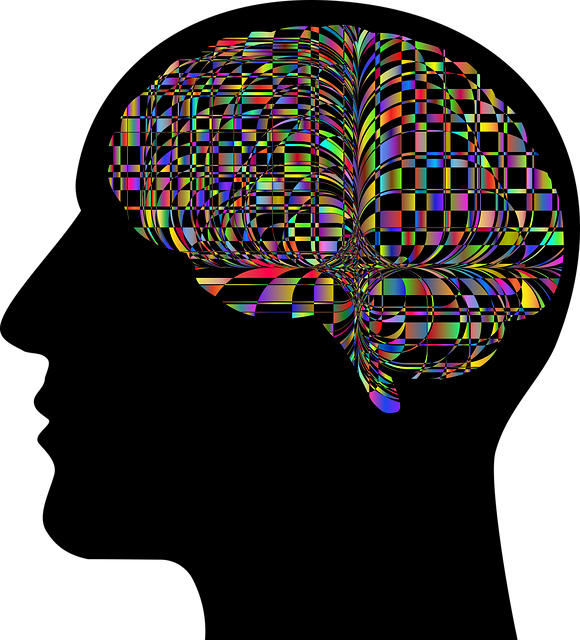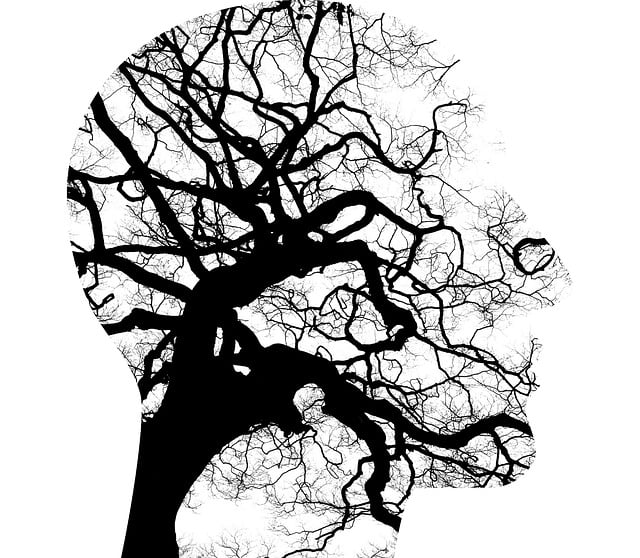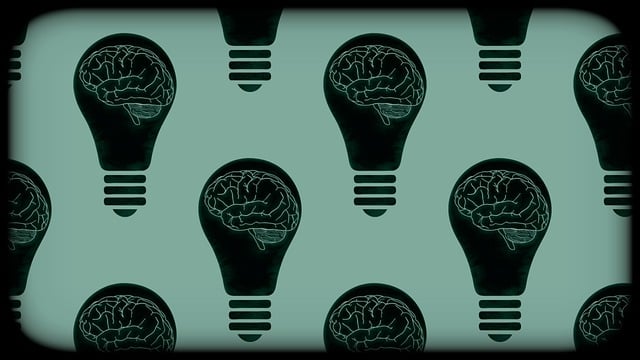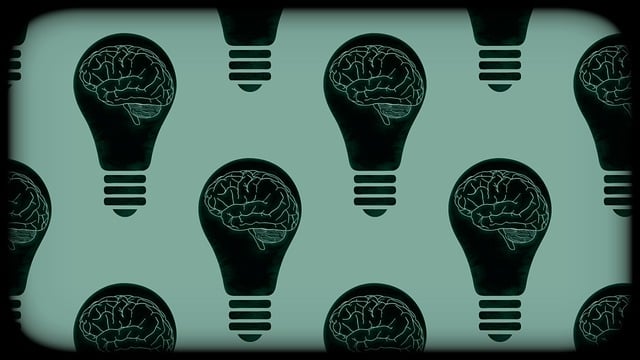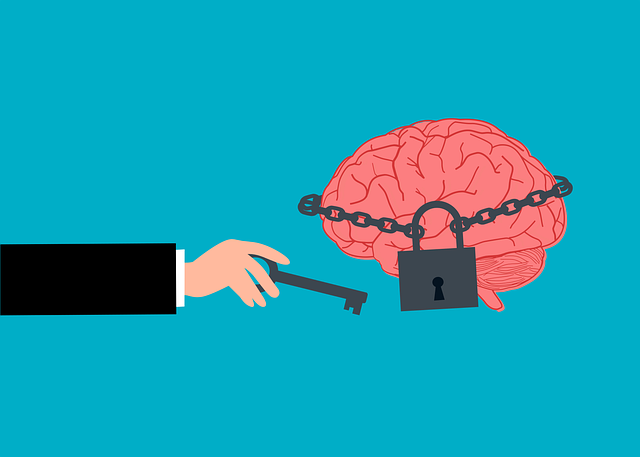Lafayette Functional Neurological Disorder Therapy utilizes positive thinking exercises like mindfulness meditation, affirmations, and cognitive reframing to significantly enhance emotional healing for FND patients. These tailored practices combat anxiety, promote mental wellness, foster resilience, and improve coping strategies, complementing traditional therapy and revolutionizing FND management for lasting improvements in outlook and quality of life.
Positive thinking exercises have emerged as a powerful tool for managing Functional Neurological Disorders (FND), offering new hope to patients seeking relief. This article explores the transformative potential of positive thinking in FND treatment, focusing on Lafayette Functional Neurological Disorder Therapy’s innovative approach. We’ll delve into the science behind its benefits, provide practical techniques, and share success stories, offering a comprehensive guide for healthcare professionals and those affected by FND.
- Understanding Positive Thinking and its Benefits for Functional Neurological Disorder (FND) Patients
- Integrating Positive Thinking Exercises into Therapy Sessions
- Practical Techniques to Foster Positive Thought Patterns in FND Management
- Success Stories: How Lafayette Functional Neurological Disorder Therapy Utilizes Positive Thinking Exercises
Understanding Positive Thinking and its Benefits for Functional Neurological Disorder (FND) Patients

Positive thinking exercises have gained prominence as a complementary therapy for individuals dealing with Functional Neurological Disorders (FND). This approach focuses on cultivating optimistic attitudes and reframing negative thoughts, which can significantly impact the lives of FND patients. By engaging in regular emotional healing processes, individuals can learn to navigate their symptoms more effectively. The benefits are vast; positive thinking enhances mental wellness, reduces stress, and improves overall quality of life.
In the context of Lafayette Functional Neurological Disorder Therapy, these exercises empower patients to take control of their mental health. Through practical techniques, patients can challenge negative thought patterns and build resilience. This proactive approach not only supports traditional treatments but also encourages a holistic recovery process, addressing both physical and emotional aspects of FND. Understanding the interplay between positive thinking and neurological function is crucial, especially when considering the risk assessment for mental health professionals, as it opens doors to innovative therapeutic strategies that promote mental wellness.
Integrating Positive Thinking Exercises into Therapy Sessions

Integrating positive thinking exercises into therapy sessions can significantly enhance the emotional healing processes for individuals dealing with conditions like Lafayette Functional Neurological Disorder (FND). These exercises, tailored to each patient’s unique needs, offer a powerful tool to combat anxiety relief and promote mental well-being. By incorporating practices such as mindfulness meditation, affirmations, and cognitive reframing, therapists can create a supportive environment that encourages clients to challenge negative thought patterns.
This approach not only complements traditional therapy techniques but also fosters a sense of empowerment within the community outreach program implementation. Through regular practice, individuals learn to recognize and transform their thoughts, leading to improved coping strategies and increased resilience. As a result, positive thinking exercises have the potential to revolutionize the way FND is managed, bringing about lasting changes in one’s outlook and overall quality of life.
Practical Techniques to Foster Positive Thought Patterns in FND Management

Implementing positive thinking exercises is a powerful tool for managing Functional Neurological Disorder (FND). Lafayette Functional Neurological Disorder Therapy offers several practical techniques to foster positive thought patterns, enhancing overall well-being and quality of life for individuals navigating FND. One such technique involves gratitude journaling, where patients are encouraged to reflect daily on their blessings, however small they may seem. This practice shifts focus from negative thoughts to a sense of appreciation, fostering resilience against stress.
Additionally, mindfulness meditation and compassion cultivation practices have proven beneficial. Stress Management Workshops Organization often incorporates these techniques into their programs. Mindfulness involves being fully present in the moment, observing thoughts without judgment. Compassion cultivation teaches individuals to treat themselves and others with kindness and understanding, promoting inner strength development. These practices combine to create a supportive environment for managing FND symptoms, encouraging positive thought patterns that can revolutionize one’s perspective and overall coping strategies.
Success Stories: How Lafayette Functional Neurological Disorder Therapy Utilizes Positive Thinking Exercises

At Lafayette Functional Neurological Disorder Therapy, we’ve seen firsthand how powerful positive thinking exercises can be in transforming lives. Our approach integrates a range of techniques designed to promote emotional well-being and build resilience among our clients. By fostering a mindset focused on optimism and gratitude, we empower individuals to overcome challenges associated with neurological disorders.
Through personalized therapy sessions, our team guides patients through exercises that encourage positive self-talk and reframing negative thoughts. This proactive strategy not only enhances overall emotional well-being but also strengthens their ability to cope with stressors and setbacks. Success stories within our practice demonstrate that these techniques can significantly improve quality of life, allowing individuals to regain a sense of control and find strength in even the most challenging circumstances.
Implementing positive thinking exercises as part of therapy has shown significant promise in managing Functional Neurological Disorders (FND). The success stories from Lafayette Functional Neurological Disorder Therapy highlight how these techniques can empower patients, offering them tools to navigate their symptoms and improve overall well-being. By integrating these practices into treatment plans, therapists can provide a holistic approach, fostering resilience and enhancing the lives of FND sufferers.

